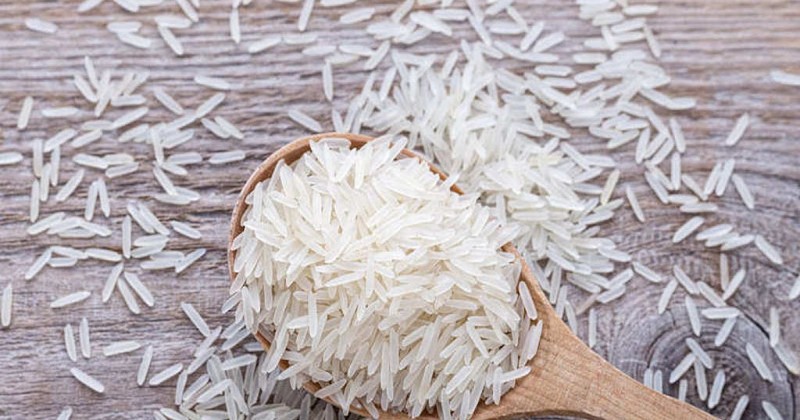
India’s premier research body, the Indian Council of Agriculture Research (ICAR), has launched two new herbicide-tolerant (Ht) basmati rice varieties, Pusa Basmati 1979 and Pusa Basmati 1985, aimed at conserving water, reducing greenhouse gases like methane, and increasing productivity. However, a group of scientists has criticized these claims as exaggerated and warned about potential impacts on the country’s rice biodiversity. These varieties, which are non-genetically modified (non-GM), are enhanced versions of Pusa Basmati 1121 and Pusa Basmati 1509.
The new rice varieties are designed to tolerate herbicides like Imazethapyr, which can effectively eliminate potent weeds due to a mutated ALS gene present in the plants. Dr. Rabindra Padaria, joint director (extension), emphasized that these varieties are non-GM and intended to replace popular existing varieties. He noted that unlike GM mustard and brinjal, these varieties are non-controversial and support Directly Seeded Rice (DSR), a method that bypasses the water-intensive transplantation process.
Despite the ICAR’s claims, a former scientist who monitored the development of these varieties has expressed skepticism. The Supreme Court has halted the environmental release of GM mustard, and the government has imposed a moratorium on GM brinjal due to its negative effects. Critics argue that while the new basmati varieties are presented as beneficial, the broader implications for rice biodiversity need careful consideration.

Post Your Comments